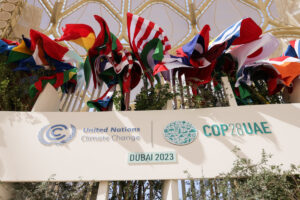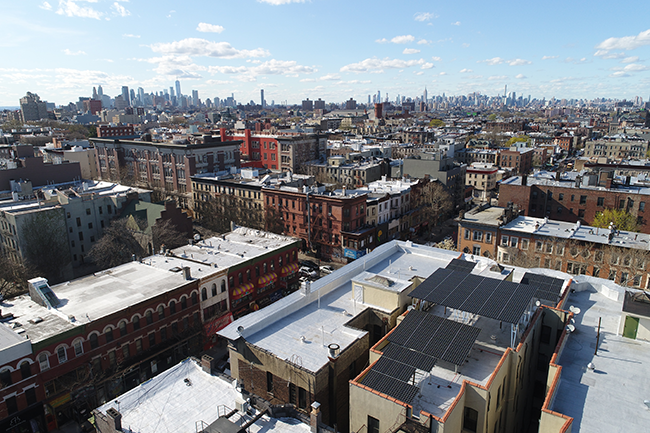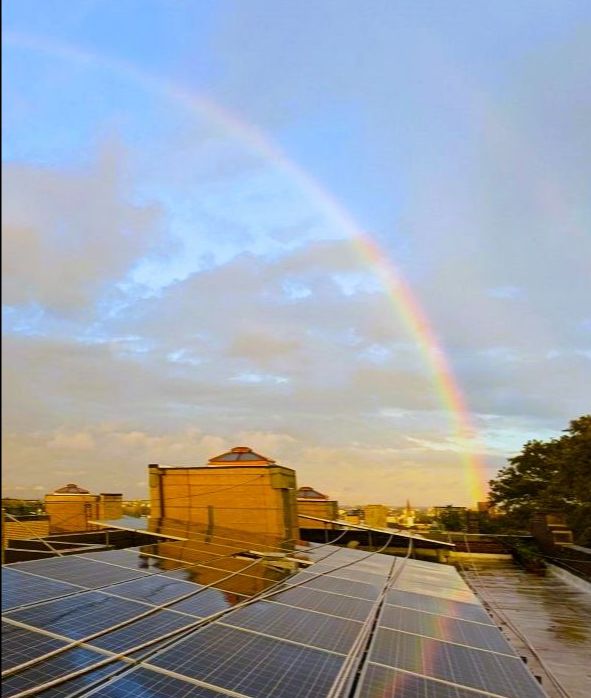
A former head of the UN Framework Convention on Climate Change (UNFCCC) used to describe the annual climate summit as “the only circus in town”. It may not be good enough to control climate change, he said, but the situation would be worse without it.
A few weeks ago, UNFCCC published a new analysis of national climate pledges to date, the NDC synthesis report, that underlines the huge gap between current action and what is required to keep global warming within 2C of pre-industrial levels. According to the UN’s climate science body, the IPCC, emissions must be cut by 43% by 2030, based on 2019 levels, to keep warming within 1.5C.
And now the COP28 Climate Summit is underway in Dubai.
The summit will kick off with the “global stocktake”, a process mandated under the 2015 Paris Agreement to evaluate action to combat climate change every eight years.
This will probably lead to a repeat of the “developed versus developing nations” blame game that has dogged climate negotiations for decades. Rich countries are trying to shift more responsibility for mitigating emissions onto developing countries, especially emerging economies, whilst doing too little themselves. Poor countries point out that rich ones created the problem in the first place, are not controlling their own emissions strictly enough, and are not providing the developing world with the money they have promised to control climate change and its effects.
COP28 president Sultan Ahmed Al Jaber will need all of his diplomatic and negotiating skills to bridge this divide. He is also the CEO of the Abu Dhabi National Oil Company. This role at a fossil fuel company presents a conflict of interest that weakens trust in his motivation to get a strong climate deal done.
But no matter who the president is, climate negotiations suffer from an inherent problem – UNFCCC decisions must be by consensus between all countries. For decades, bureaucrats have been going to climate negotiations with a fundamental brief from their governments – grab the most, give the least. When countries at so many different stages of development, and with so many differing political systems, get into negotiations, at best they arrive at a compromise too weak to deal with the climate emergency. People around the world already impacted by climate change are hoping COP28 will be different, at least a bit.
You can more about this on the NPR website here.

